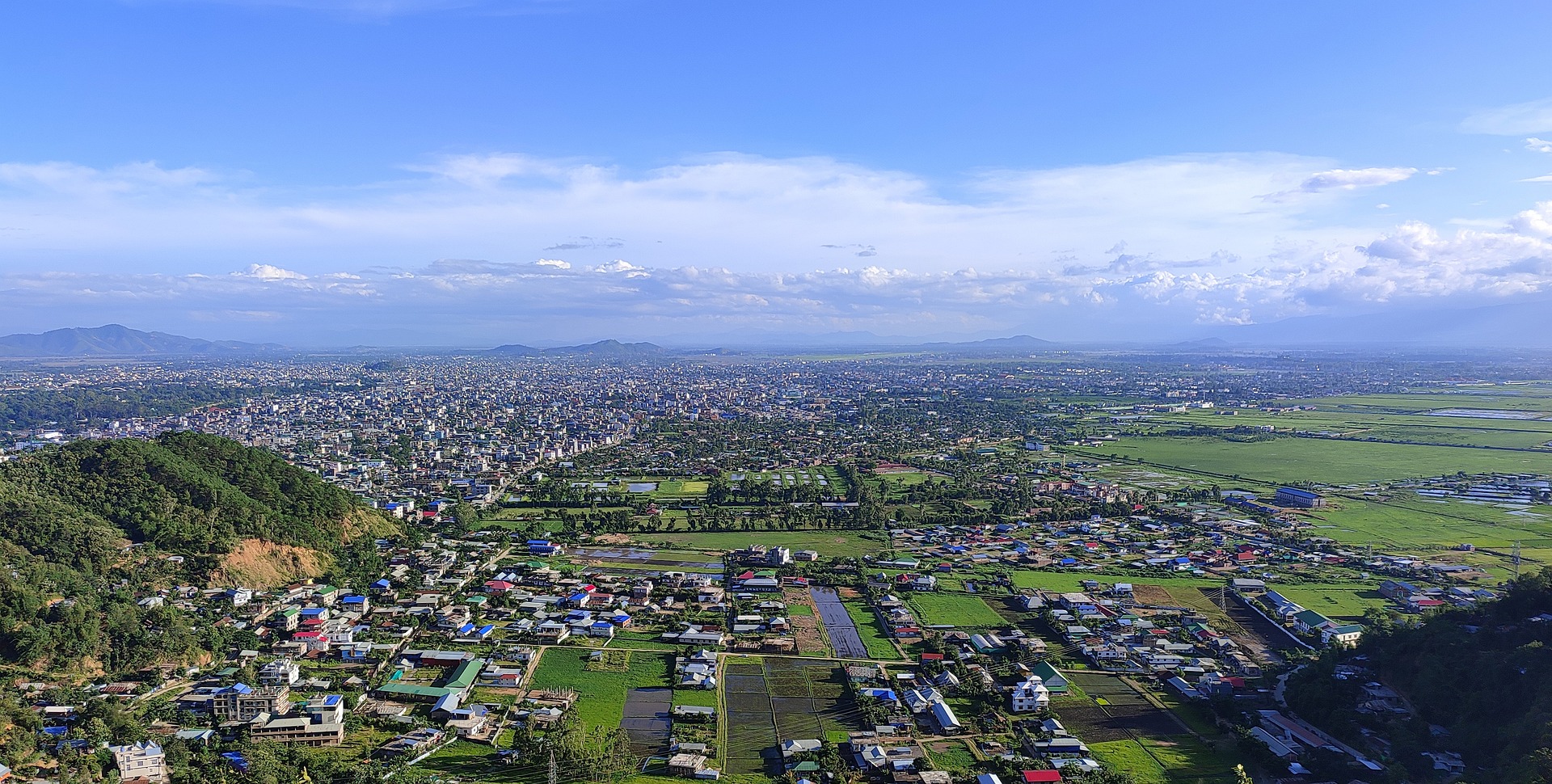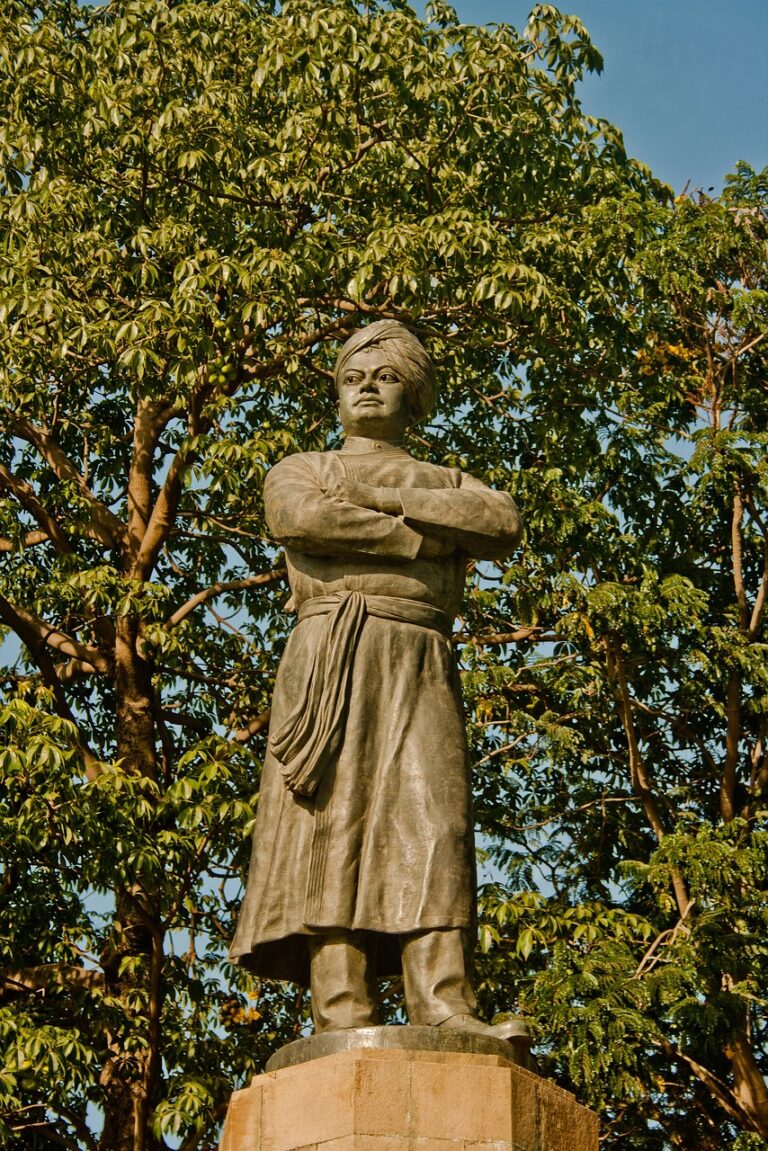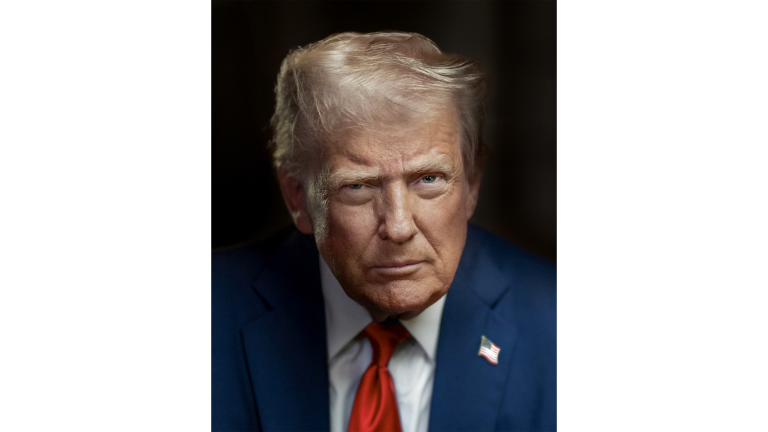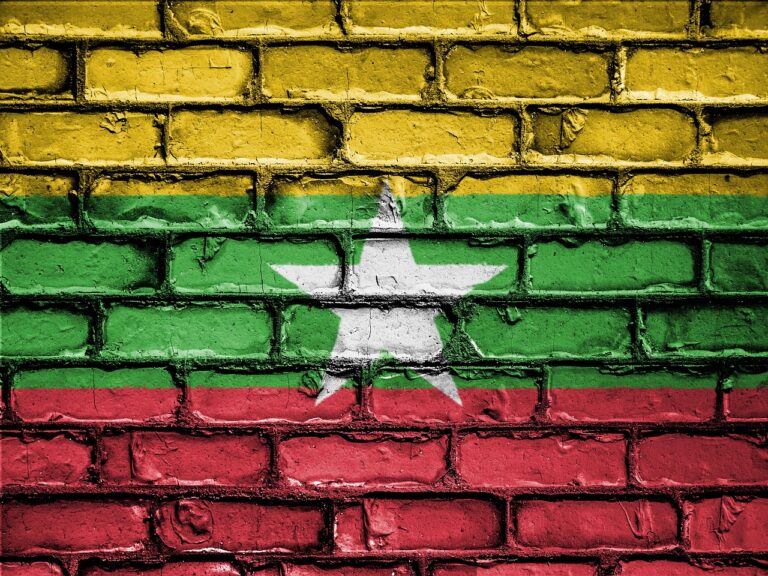
Imphal, Manipur
New Delhi: Manipur officially entered President’s rule and the Assembly was placed under suspended animation today, as the ruling Bharatiya Janata Party struggled to find a successor amidst internal conflicts, even four days after Chief Minister N Biren Singh’s resignation.
A statement from the Ministry of Home Affairs revealed that President Droupadi Murmu concluded that “a situation has arisen in which the government of that state cannot be carried on in accordance with the provisions of the Constitution.”
“Therefore, in accordance with the powers granted by Article 356 of the Constitution, and all other relevant authorities, I hereby declare that I – as President of India – will assume all functions of the Government of the State of Manipur and all powers that are vested in or can be exercised by the Governor of that State,” the statement detailed.
Also read: Manipur on the verge of a breakdown
The resignation of Chief Minister N. Biren Singh came on February 9, 2025, amidst ongoing ethnic unrest and rising tensions between the majority Meitei and minority Kuki-Jo communities. This conflict has led to over 250 fatalities and the displacement of thousands since 2023.
The unrest was sparked by a court recommendation to extend economic benefits and job reservations to the Meitei community, a proposal that faced strong opposition from the Kuki tribes. Despite multiple attempts to restore peace, the state government was unable to regain control, culminating in Singh’s resignation on February 9, 2025.
With no immediate successor in place, the federal government instituted President’s Rule, placing the state under the administration of Manipur Governor, Ajay Kumar Bhalla, a former official from the Ministry of Home Affairs.
Political observers said the declaration of the President’s Rule highlights the gravity of the Constitutional crisis in Manipur, indicating a breakdown of state governance and a failure to uphold law and order. In fact, till the very last, the ruling BJP tried to pacify the party legislators who were bitterly divided between pro-Biren and anti-Biren camps as well as ethnic identities, and many nurtured personal ambition to become the chief minister of the troubled state.
However, this is not the first instance of President’s Rule being implemented in Manipur; the state has experienced direct central governance during previous ethnic conflicts, notably during the Naga-Kuki clashes in the early 1990s.
The repeated imposition of President’s Rule also underscores the persistent challenges in addressing Manipur’s intricate ethnic landscape and the inadequacies of state governance in resolving deep-rooted communal tensions. Achieving lasting peace in requires addressing the entrenched ethnic conflicts and political challenges that have historically plagued the state.
– global bihari bureau





